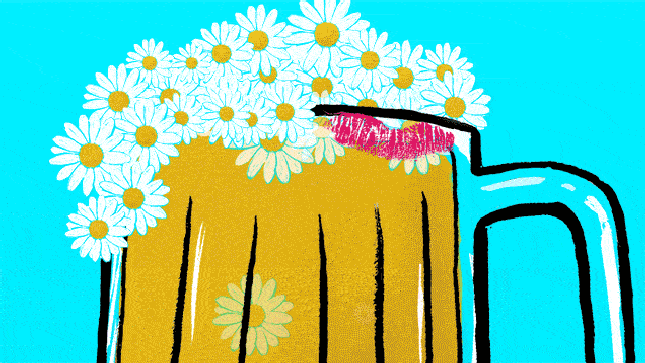College 101: Bro Culture
Latest

I’m willing to bet that one of the strongest associations Americans have with the collegiate experience is with alcohol.
Whenever a college-centric movie comes out, it’s inevitably focused on frat drinking culture (see Animal House, National Lampoon, Old School and the upcoming Neighbors), homoerotic bro-bonding and all. But what gets lost in these narratives (beyond the dignity of everybody involved, of course) is the impact of this “bro culture” on women – specifically, the way in which it encourages young women to be “one of the guys” in a distinctly sexist way. It’s actually this experience that often makes collegiate women aware of the very real, yet often explicitly unrecognized, sexist double standards that surround them on all levels.
“Bro culture” (also known as “frat culture”) is basically defined by excessive drinking and its effect on campus culture is pervasive. Currently, about four out of five college students consume alcohol and half of all college students engage in binge drinking. An insane one out of every three college students meet the criteria for alcohol use disorder and hospitalizations for alcohol overdoses increased 25% for those aged 18–24 between 1999 and 2008 (Dowsett Johnston, 2013).
Although excessive drinking has always been a stereotypical cornerstone of the college experience, it was previously never expected of and even looked down upon for women, but times have changed: today, female college students now actually outpace men in binge drinking on college campuses. A 2009 study found that female college students now drink 40% more often than they did in 1979, while the numbers for men didn’t change. One in eight women now report binge drinking (drinking four or more drinks at a time).
-

-

-

-

-

-

-

-

-

-

-

-

-

-

-

-

-

-

-

-

-

-

-

-

-

-

-

-

-

-

-

-

-

-

-

-

-

-

-

-








































